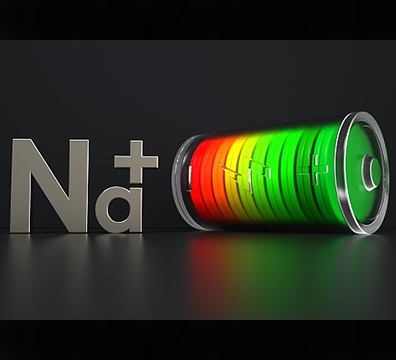Sodium Ion Batteries: A Sustainable Energy Storage Solution have emerged as a promising alternative in the quest for efficient and eco-friendly energy storage systems. With the increasing demand for renewable energy sources, the need for reliable and cost-effective energy storage solutions has never been more critical. In this comprehensive guide, we delve into the intricacies of Sodium Ion battery, exploring their advantages, applications, and their role in shaping a sustainable energy landscape.
Understanding Sodium Ion Batteries
Sodium Ion battery, akin to their lithium-ion counterparts, function based on the movement of ions between the electrodes during charge and discharge cycles. However, instead of lithium ions, Sodium Ion battery employ sodium ions, offering several distinct advantages.
The Chemistry Behind Sodium Ion Batteries
Delving deeper into the chemistry, Sodium Ion battery typically comprise a sodium-based cathode, an anode material capable of hosting sodium ions, and an electrolyte facilitating ion transport. This chemistry enables efficient energy storage and release, contributing to the viability of Sodium Ion battery as a sustainable energy storage solution.
Advantages of Sodium Ion Batteries
- Abundance of Sodium Resources: Sodium is abundantly available, unlike lithium, which makes Sodium Ion battery more sustainable and cost-effective in the long run.
- Lower Cost: The availability of sodium resources translates to lower production costs, making Sodium Ion battery a financially feasible option for large-scale energy storage projects.
Applications of Sodium Ion Batteries
Sodium Ion battery find diverse applications across various sectors, ranging from renewable energy integration to grid stabilization and portable electronics. Their versatility and sustainability make them an attractive choice for addressing energy storage challenges across industries.
Challenges and Future Prospects
Despite their numerous advantages, Sodium Ion battery face challenges such as lower energy density compared to lithium-ion battery. However, ongoing research and development efforts aim to address these limitations, paving the way for wider adoption and integration of Sodium Ion battery into the global energy infrastructure.
Conclusion
In conclusion, Sodium Ion Batteries represent a sustainable energy storage solution with the potential to revolutionize the way we store and utilize energy. With their abundance, lower cost, and diverse applications, Sodium Ion battery offer a compelling alternative to traditional lithium-ion battery, paving the way for a greener and more sustainable future.
